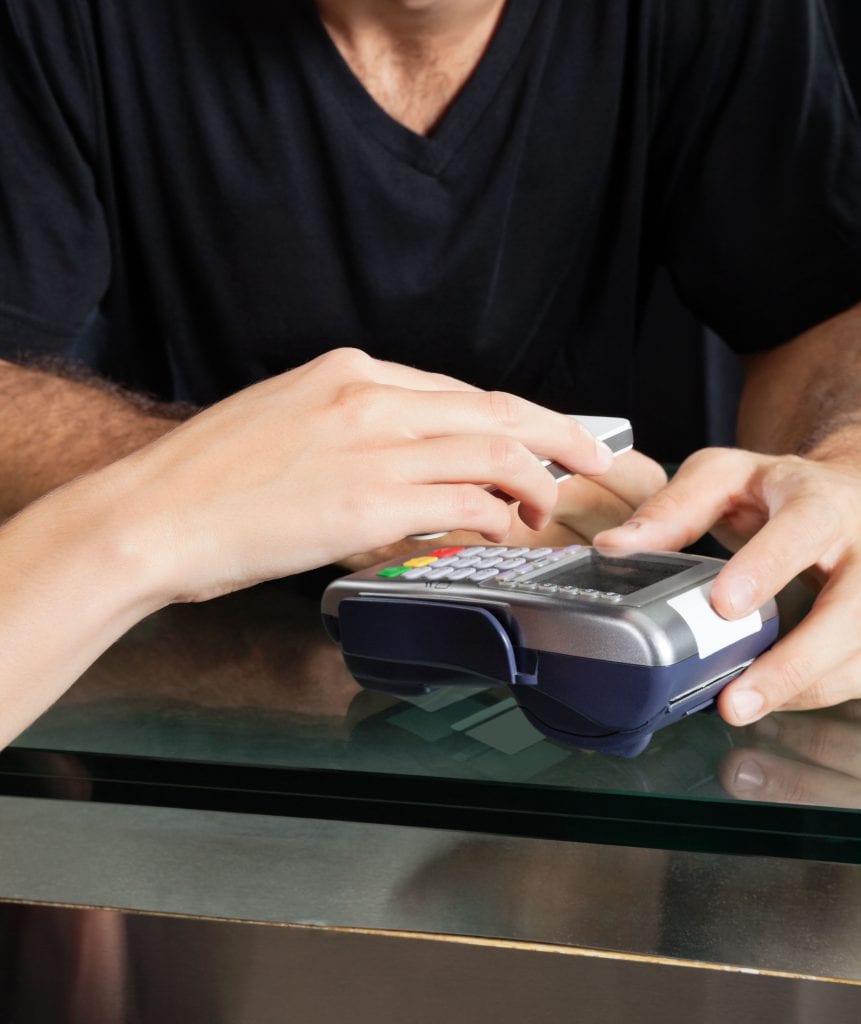From The Globe and Mail in Canada.
Canada’s big banks are preparing to launch “virtual wallets” as early as this fall that will allow consumers to digitally consolidate their credit and debit cards from any financial institution, and use them to make purchases online and through their cellphones at cash registers.
It is being called the biggest change to the way consumers pay for goods in Canada in decades, and for the banks moving quickly into this space, the strategy is about keeping ownership of the vast and potentially lucrative stores of data that are involved in transactions.
Royal Bank of Canada is expected to be first into the market in October, when it launches a digital wallet for mobile phones that will use RBC cards at first, but will eventually expand to welcome all brands of debit and credit cards. A few months later, the bank will launch a digital wallet for online purchases in partnership with Visa that holds all varieties of cards, regardless of brand.
The majority of the banking sector is expected to follow suit in the next year or so, with each financial institution relying on the concept of “aliases,” where a password lets consumers access their payment cards, but protects personal information from being passed to the merchant. The alias method is similar to how online services such as PayPal work.
“We haven’t offered that as a banking system until now,” said David McKay, head of Canadian banking at RBC, the country’s largest bank. “Just like your physical wallet has all your cards, our wallet has to have all your cards. We can’t just say only RBC products [are permitted], because the consumer doesn’t want to have five wallets if they have five service providers. They want one wallet.”
The move comes after a federal task force recently released a blueprint for revamping the country’s payments system for the digital age. A few months ago, CIBC announced it would begin offering electronic payments through Rogers mobile phones by loading credit card data from MasterCard and Visa onto a chip inside the device.
The virtual wallet strategy for all cards takes that strategy a step further. The strategy for banks in the years ahead will go beyond competing for bank customers. The data contained in every purchase, indicating demographics and consumer preferences, is potentially of massive value.
An increasing number of financial institutions are evaluating the appropriateness of offering a mobile wallet product in their markets.
On one hand, a mobile wallet product offers the potential for the financial instituion to be the central point of contact for customer purchases, as well as providing an opportunity to collect and mine new sources of data. On the other hand, there are many unanswered questions in customers’ minds about security and the ownership of their data.
As some financial institutions are rushing to try to gain a presence in their markets, others are taking a more cautious, wait-and-see approach. It will be interesting to see how customers react to bank-sponsored wallets in the near term.
Click here to read more from The Globe and Mail.
